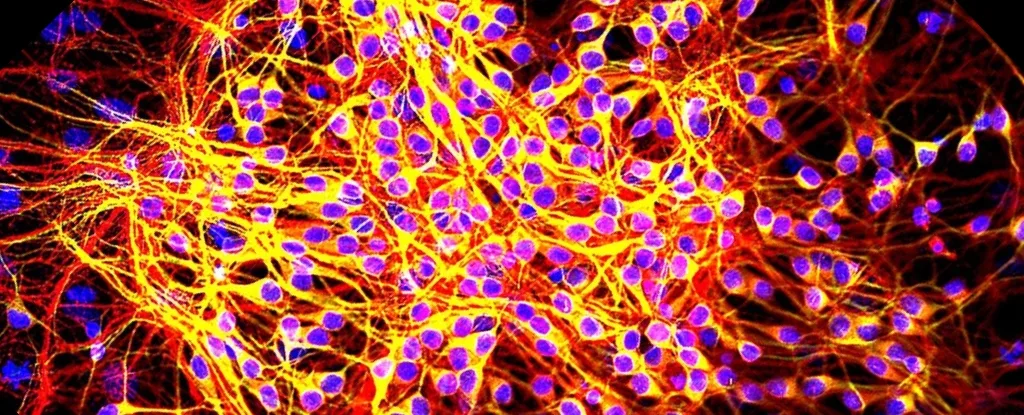Insomnia Drug Shows Promise in Protecting Against Tau Protein Buildup
Exciting new research suggests a potential therapeutic avenue for neurodegenerative diseases like Alzheimer’s. A common medication prescribed for insomnia has demonstrated the ability to protect against the accumulation of tau protein in mice. This protein is known to form abnormal clumps in the brains of individuals suffering from such conditions, leading to cognitive decline.
The Role of Tau Protein in Neurodegenerative Diseases
Tau protein is essential for stabilizing microtubules within neurons, which are crucial for cell structure and transport. However, in neurodegenerative diseases, tau protein can become hyperphosphorylated, causing it to detach from microtubules and aggregate into insoluble clumps known as neurofibrillary tangles. These tangles disrupt neuronal function and contribute to cell death.
Study Findings: Insomnia Drug’s Protective Effect
A recent study explored the effects of an insomnia drug on tau protein aggregation in mice. The results indicated that the drug could effectively prevent the buildup of tau protein, offering a protective effect against the development of neurodegenerative conditions. This finding opens up new possibilities for therapeutic interventions targeting tau protein aggregation.
Potential Implications for Alzheimer’s Research
The study’s findings have significant implications for Alzheimer’s research. Alzheimer’s disease is characterized by the accumulation of both amyloid plaques and neurofibrillary tangles composed of tau protein. While amyloid plaques have been a primary focus of research, the role of tau protein is increasingly recognized as a critical factor in disease progression. This study suggests that targeting tau protein aggregation could be a promising strategy for preventing or slowing down the progression of Alzheimer’s disease.
Future Research Directions
While these results are encouraging, further research is needed to fully understand the mechanisms by which the insomnia drug protects against tau protein buildup. Future studies should also investigate the drug’s efficacy in human clinical trials to determine whether it can effectively prevent or treat Alzheimer’s disease and other neurodegenerative disorders. Understanding the optimal dosage, potential side effects, and long-term effects will also be essential.
Final Overview
The discovery that an insomnia drug can protect against tau protein buildup in mice offers a beacon of hope for the future of neurodegenerative disease treatment. While still in the early stages, this research underscores the importance of exploring novel therapeutic targets and repurposing existing medications to combat these devastating conditions. Further investigation is warranted to translate these findings into effective treatments for human patients, bringing us closer to a world without Alzheimer’s and other neurodegenerative diseases.




+ There are no comments
Add yours